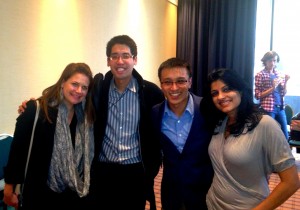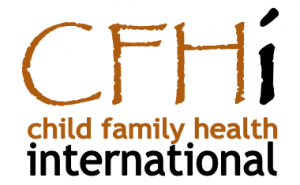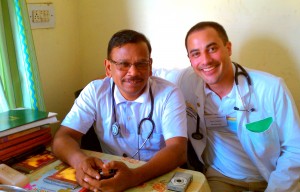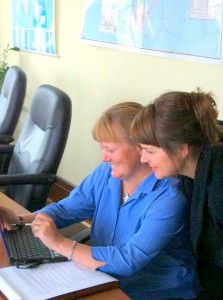“Global health education is at a crossroad. The landmark Commission on Education of Health Professionals for the 21st Century highlighted the substantial disparities in health education worldwide and proposed reforms to enable all health professionals to “participate in patient and population-centered health systems as members of locally responsive and globally connected teams”.
This quote was taken from the Lancet article entitled ‘Equitable access for global health internships: insights and strategies at WHO headquarters.’ The Lancet Global Health article highlights the need for broadly accessible global health internships— ones that allow for exposure to community-engaged programs by students from a variety of socioeconomic and professional school backgrounds. The barriers to access to global health educational opportunities are real and require the global health education community to embrace novel approaches, alliances, and funding mechanisms.
Child Family Health International– CFHI a leader in global health education programs for over 20 years, is mindful of these barriers. As a nonprofit running global health internships that advocate for ethics and social responsibility, we recognize there are significant costs associated with global health internships and provide fair compensation to local communities and professional mentors that shape the intern experience through their time, energy and expertise. This follows best practice guidelines set out by the Working Group on Ethics Guidelines for Global Health Training (WEIGHT). However, program fees needed to provide resources for host communities and to support and educate interns can be a barrier to equitable access to reach beyond students from resource-rich backgrounds.
Like the WHO, CFHI utilizes scholarships in an effort to seek out candidates that may have greater financial need, limited opportunity to travel abroad, and those whose are under-represented in our programs. Scholarships and funding initiatives such as these are key to making real strides in south-to-south participation in global health internships and reducing their exclusivity as the domain of the wealthy. In addition, CFHI provides a crowdfunding platform to make it easier for students to raise funds through friends, family, mentors, and wider social media networks. Crowdfunding is growing, and is a powerful tool that should be considered by WHO and other global health internship providers.
“For sustainable improvements in internship access and improved global health education, academic and professional institutions need to partner with the public sector and foundations, donors, and governments to channel resources to achieve this aim. However, the scale of this task necessitates the involvement of multiple stakeholders. Who else will step up and contribute to a growing movement towards equitable access for training, educational, and networking opportunities in global health? And who should lead this transition and monitor its success?”
The article is ‘right on’ with its call to arms. If global health education programs and internships to not focus on equity, access and diversity, we risk perpetuating the same power imbalances and disparities that the global health community strives to eliminate. Child Family Health International commends WHO and the Lancet article authors for highlighting this issue and remedying it with action and advocacy.
How can we ensure that more students have access to global health and other professional and international internships? Comment on the Lancet blog or tell CFHI what you think below!





